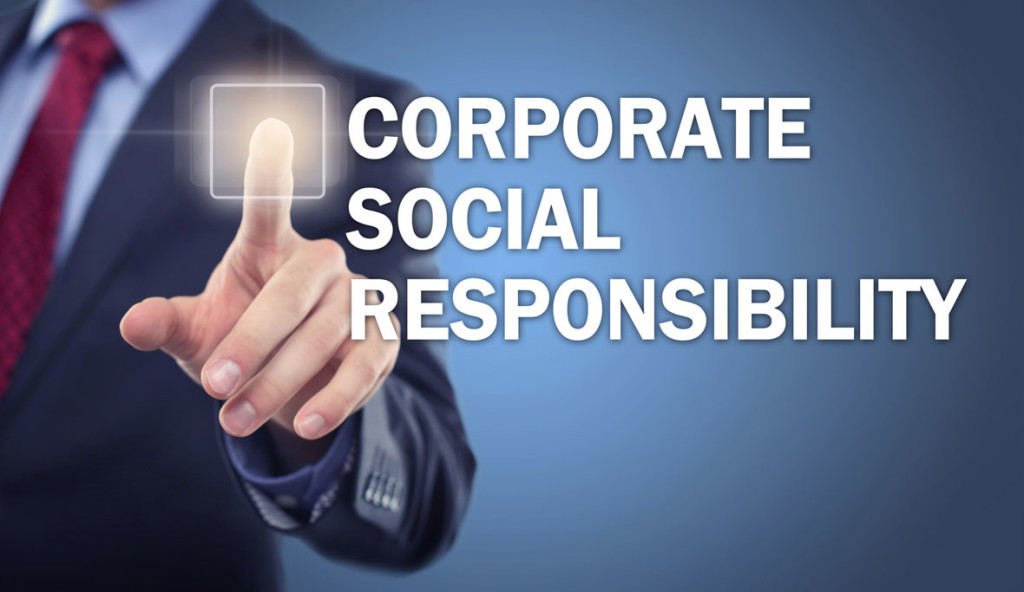Sanjit ‘Bunker’ Roy, who turns 72 this August, has spent the past four decades of his life living the dream of creating self-sustaining village communities — not only in India but in 77 other countries, across 1,300 villages.
The alumnus of Doon School and St Stephen’s College is the founder of Barefoot College, a place that skills rural women and communities to be self-reliant and sustainable.
And for more than 10 years now, the Axis Bank Foundation has been working with a set of initiatives aimed at providing sustainable livelihood opportunities in some of the remote regions of the country and its goal is to provide sustainable livelihoods to a million people by the end of 2017.
Or, consider Pratham Education Foundation. One of the biggest non-government interventions in the education sector in India, it reaches close to six million students across the country today.
These are the stories that have possibly inspired hundreds of companies and individuals to step up their efforts to make their businesses socially responsible and relevant.
So, it was not a surprise that their efforts were recognised by an eminent jury, which met in New Delhi to select the winners of the Business Standard Corporate Social Responsibility (CSR) Awards 2016 to recognise the best Social Entrepreneur, Socially Aware Corporate and Social Enterprise.
Headed by S Ramadorai, chairman, Tata Institute of Social Sciences, the jury included Sunita Narain, director-general, Centre for Science and Environment; Vijay Mahajan, founder-chairman, Basix Group; Deep Joshi, co-founder of Pradan; Reema Nanavaty, secretary-general, Self Employed Women’s Association (SEWA) and Anshu Gupta, founder, Goonj. Deloitte was the knowledge partner for the exercise.
The jury members decided to recuse themselves when the organisations they were involved in came up for discussions.
Over intense deliberations – that lasted close to two hours – the jury chose Barefoot College Founder Sanjit (Bunker) Roy as the Social Entrepreneur of the Year and Axis Bank, the Socially Aware Corporate of the Year. Pratham Education Foundation bagged the Social Enterprise of the Year award.
When deliberating on the Social Entrepreneur of the Year winner, the jury considered 32 social entrepreneurs shortlisted on account of public availability of information, proof of impact and other indicators. Sanjit ‘Bunker’ Roy, founder, Barefoot College, was unanimously chosen the winner in this segment as “people in this sector see him as a beacon to others,” as Ramadorai put it.
For the Socially Aware Corporate of the Year, a list of 30 companies among the BSE 500 with the biggest CSR spend in FY16 were evaluated on several parameters that included CSR policy, thematic areas of CSR focus, scale and reach, advocacy and awareness efforts. What worked in Axis Bank’s favour was its outreach beyond natural client groups, while scoring on financial inclusion parameters through its work in adivasi areas. Axis Bank’s adoption of a scale-up strategy through collaborations impressed many jury members. Ramadorai said the impact that Axis Bank’s CSR efforts made on the ground was one of the reasons for choosing the company.
In the Social Enterprise of the Year section, 40 non-governmental organisation candidates were evaluated on parameters that included years of existence, governance and reporting, funds handled, beneficiary reach, theme and location. The winner, Pratham Education Foundation, impressed the jury with its impact on the educational space. Joshi said that Pratham has shown the mirror on the state of education in the country in a highly participatory manner. “They started in 1995, but even in 2017 they are very relevant in the journey. They continue to excel in what they are doing, taking it beyond what they have done in the past,” said Ramadorai.
Commenting on the award selection process, Ramadorai said the wealth of the experience of the jury members helped the decision-making. After the deliberations, the jury members suggested further improvements in the evaluation process of social enterprises and the work of individuals in this segment. One key takeaway was the need for a robust methodology to measure CSR spend impact, the jury members said.
This article was taken from here.

